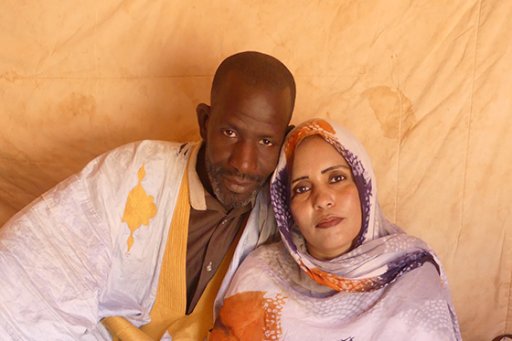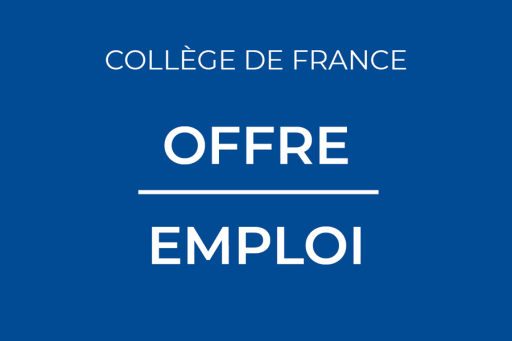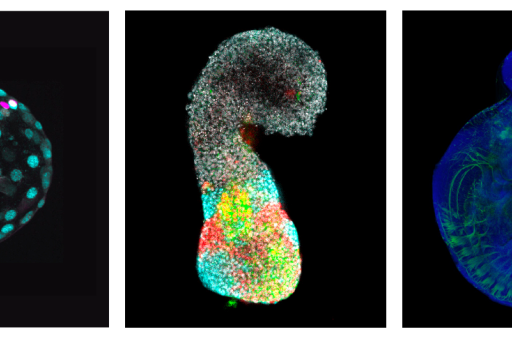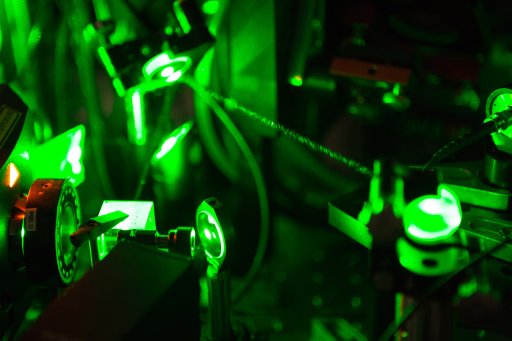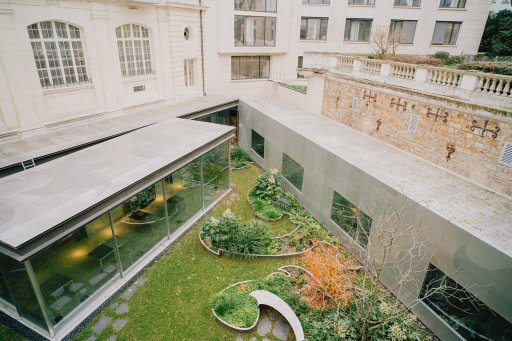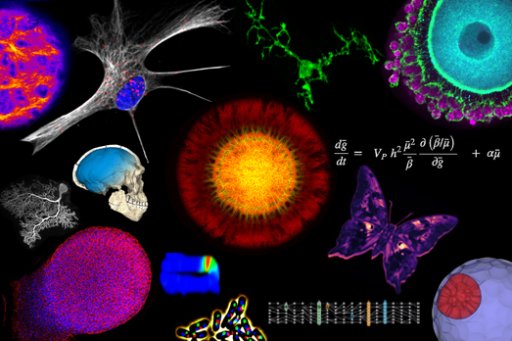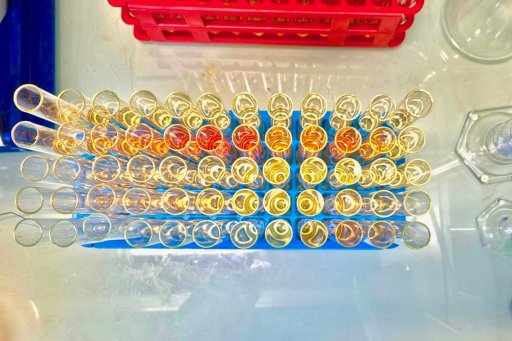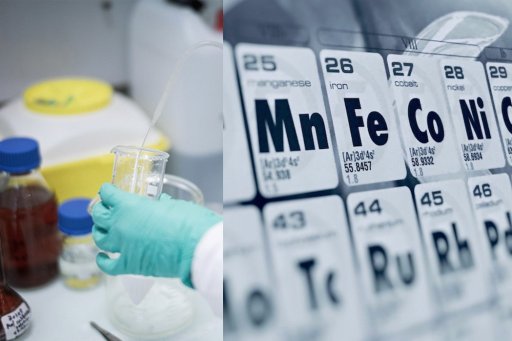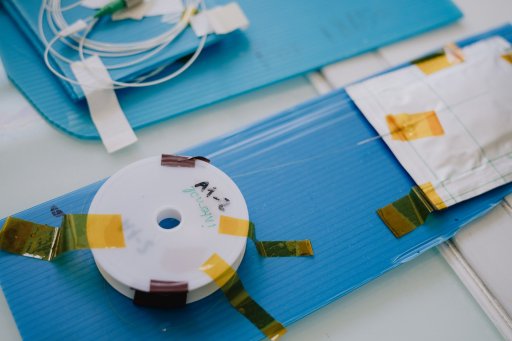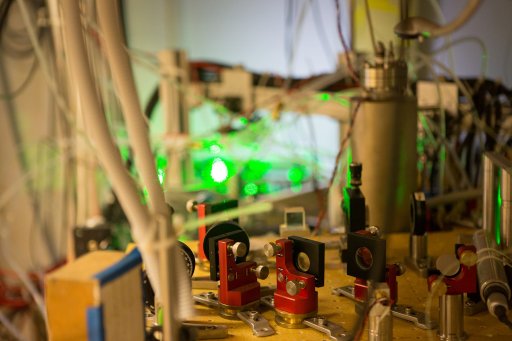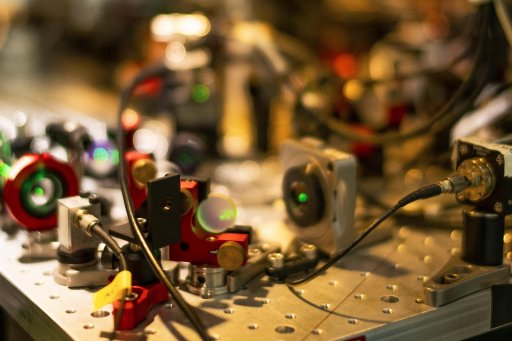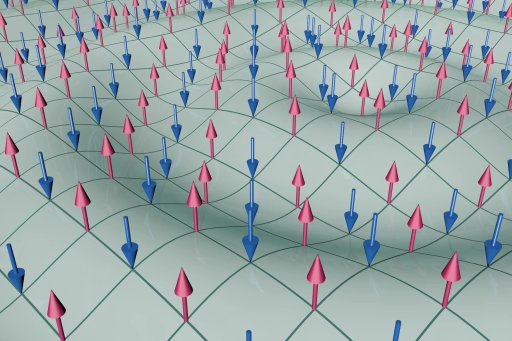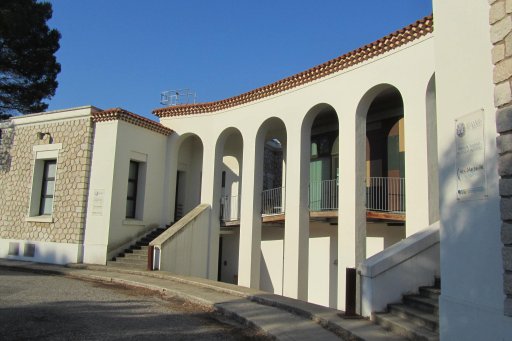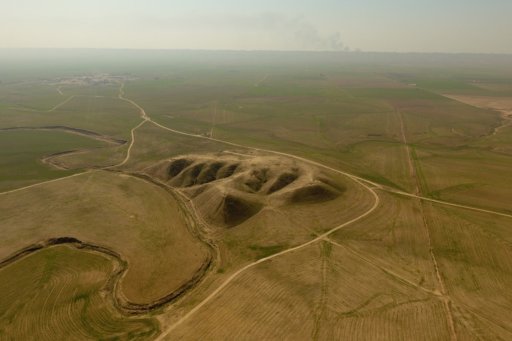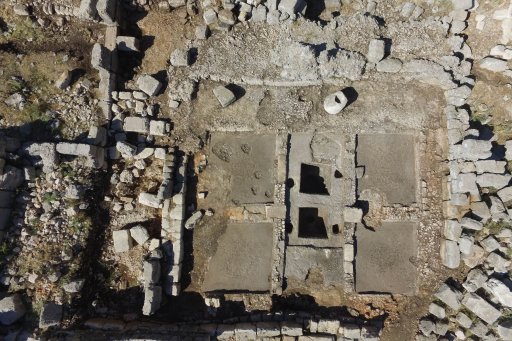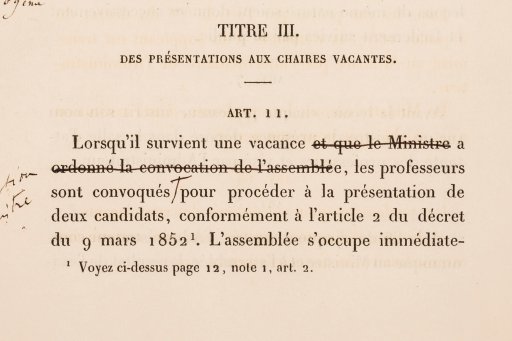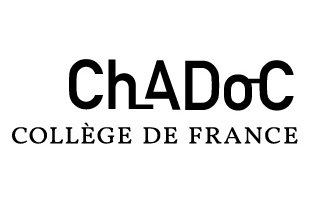The Collège de France's scientific policy is organized into eight disciplinary institutes grouping together chairs and laboratories.
Its research strategy is based on :
- a UMR and UAR structure(21 research units, 12 of which have the Collège as their principal supervisor, and 14 laboratories housed in full or in part), with an internal organization into institutes and research centers that is flexible, adapted to the needs of the establishment and open to change.
- the research work carried out by the Collège de France Chairs, which contributes significantly to the international scientific community by organizing some fifty in situ colloquia each year, and by numerous high-impact publications.
- strengthening its research capabilities in the experimental sciences, in order to conduct cutting-edge research in pioneering or interdisciplinary fields.
- supporting research in the humanities and social sciences as part of the " digital humanities" revolution and integrating laboratories into the Institute of Civilizations, alongside chairs and libraries.
- a policy of attracting the best teams of young researchers, based on excellence.
- public and private funding to recruit doctoral and post-doctoral students and maintain the highest level of equipment on our technological platforms.
- doctoral training by welcoming doctoral students into our laboratories, whose research is supervised by Collège de France professors and researchers, and by participating in training programs in partnership with doctoral schools, enabling Collège de France lectures to be validated as ECTS credits.
- a center of excellence in research promotion, combining proximity and expertise.
